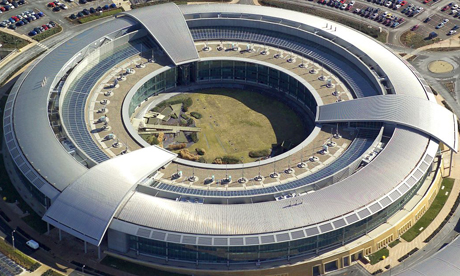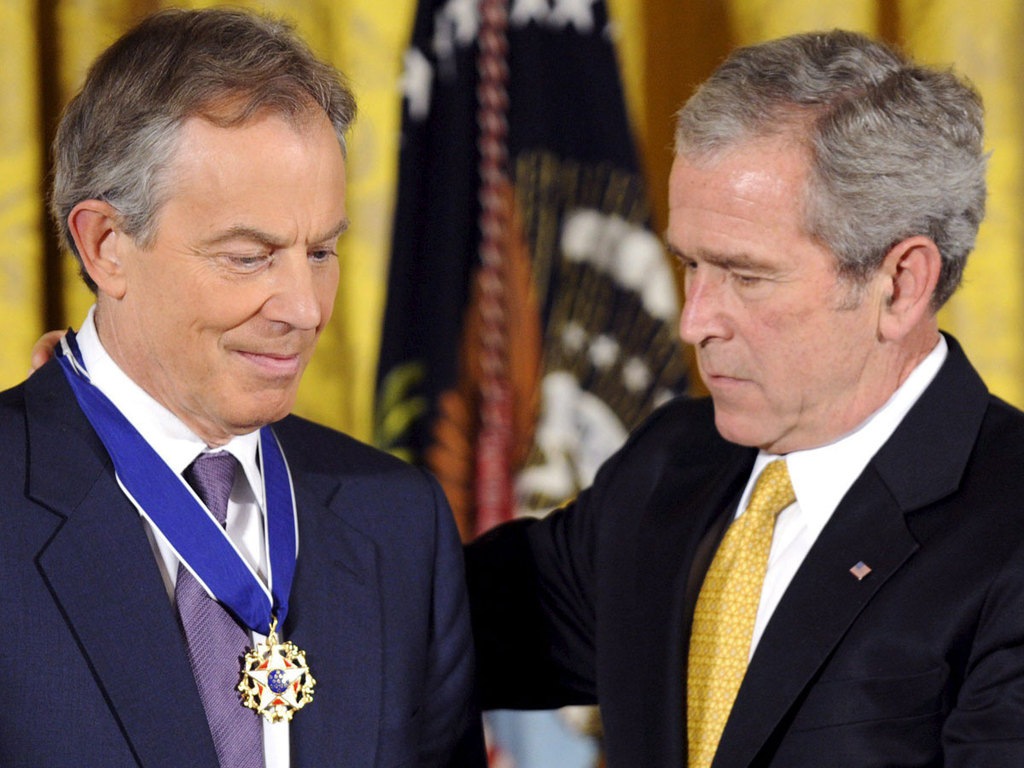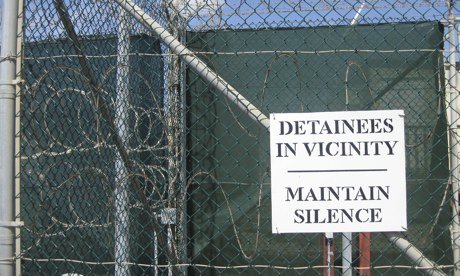Surveillance technology out of control, says Lord Ashdown
http://www.theguardian.com/world/2013/nov/18/surveillance-technology-out-of-control-ashdown
The technology used by Britain’s spy agencies to conduct mass surveillance is “out of control”, raising fears about the erosion of civil liberties at a time of diminished trust in the intelligence services, according to the former Liberal Democrat leader Lord Ashdown.
The peer said it was time for a high-level inquiry to address fundamental questions about privacy in the 21st century, and railed against “lazy politicians” who frighten people into thinking “al-Qaida is about to jump out from behind every bush and therefore it is legitimate to forget about civil liberties”. “Well it isn’t,” he added.
Ashdown talks frequently to the deputy prime minister, Nick Clegg, and is chair of the the Liberal Democrats‘ general election team. Though he said he was speaking for himself, his views are understood to be shared by other senior members of the Liberal Democrats in government, who are also keen for some kind of broad inquiry into the subject.
This idea is also supported by Sir David Omand, a former director of GCHQ. He told the Guardian he was in favour of an inquiry and thought it would be wrong to “dismiss the idea of a royal commission out of hand”. It was important to balance the need for the agencies to have powerful capabilities, and the necessity of ensuring they did not use them in a way parliament had not intended, Omand added.
Ashdown is the latest senior politician to demand a review of the powers of Britain’s intelligence agencies – GCHQ, MI5 and MI6 – and the laws and oversight which underpin their activities.
In an interview with the Guardian, Ashdown said surveillance should only be conducted against specific targets when there was evidence against them. Dragnet surveillance was unacceptable, he added.
Ashdown made clear revelations in the Guardian about GCHQ and its American counterpart, the National Security Agency, had raised important issues that “could not be ignored or swept aside in a barrage of insults”.
He also criticised the Labour party, which was in power when the agencies began testing and building many of their most powerful surveillance capabilities. Labour’s former home secretary Jack Straw was responsible for introducing the Regulation of Investigatory Power Act 2000 (Ripa), which made the programmes legal.
“Ripa was a disgraceful piece of legislation,” Ashdown said. “Nobody put any thought into it. Labour just took the words they were given by the intelligence agencies. I don’t blame the intelligence agencies.
…
Pantsdown continues in the article to discuss witnessing the steaming open of envelopes by spooks. In line with the full disclosure policy of this blog I can reveal that nowadays they use endescopes to read letters. The tell-tale sign is a small rip to the seal of the envelope at one end.
[19/11/13 The tell-tell sign of the use of an endescope will usually be on the right-hand side of the envelope’s seal and occasionally on the left-hand side. Why is that?


